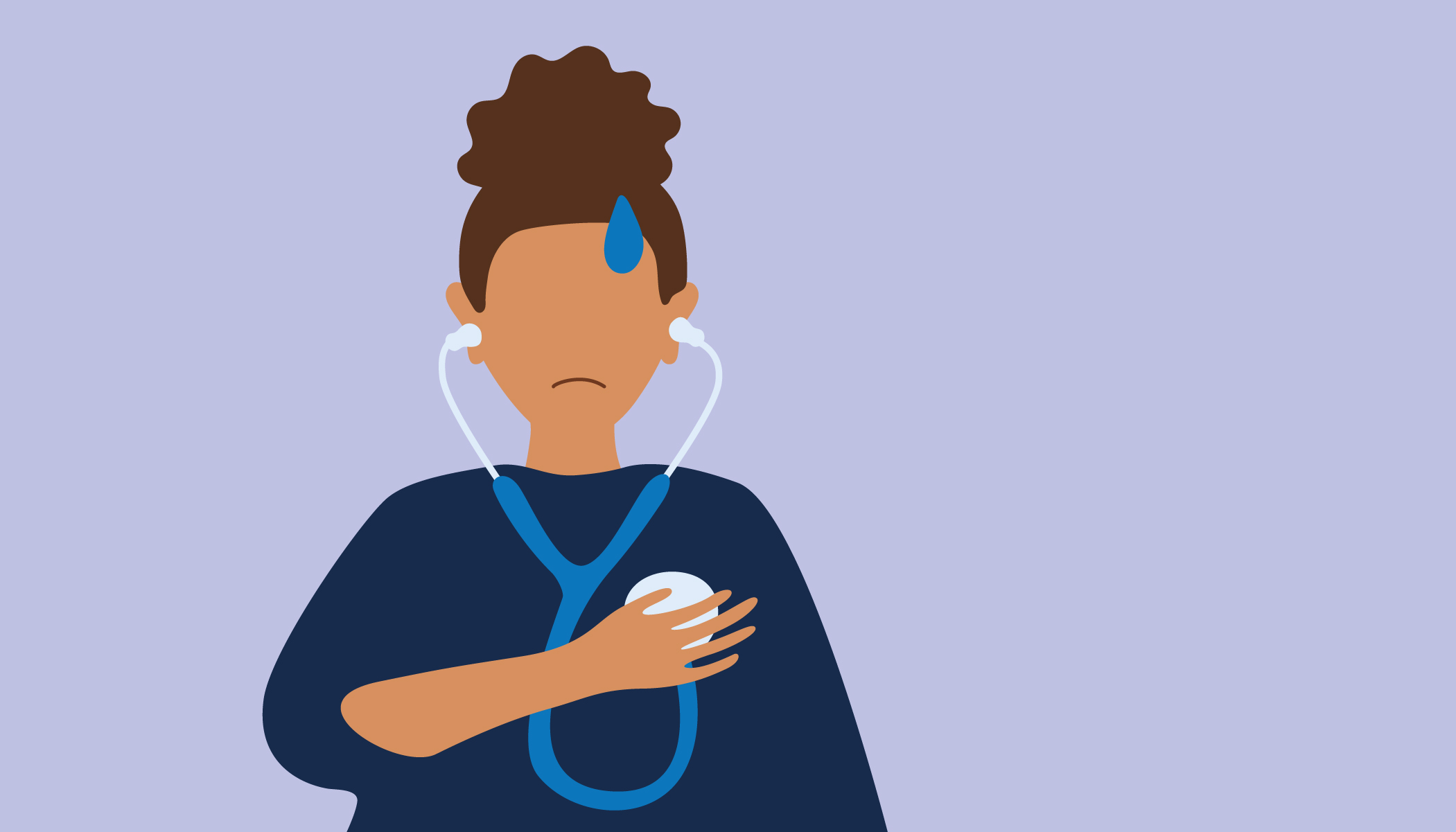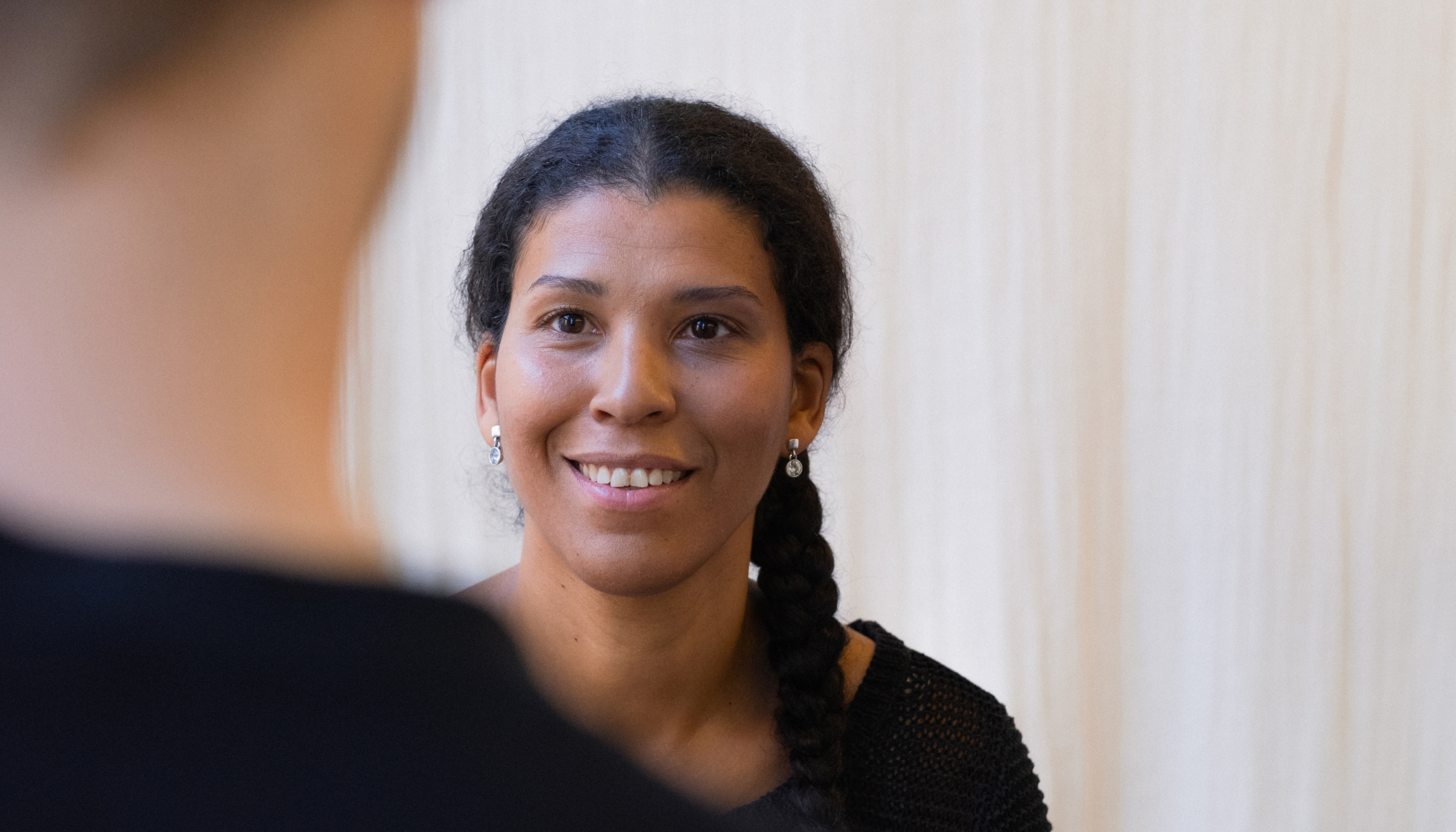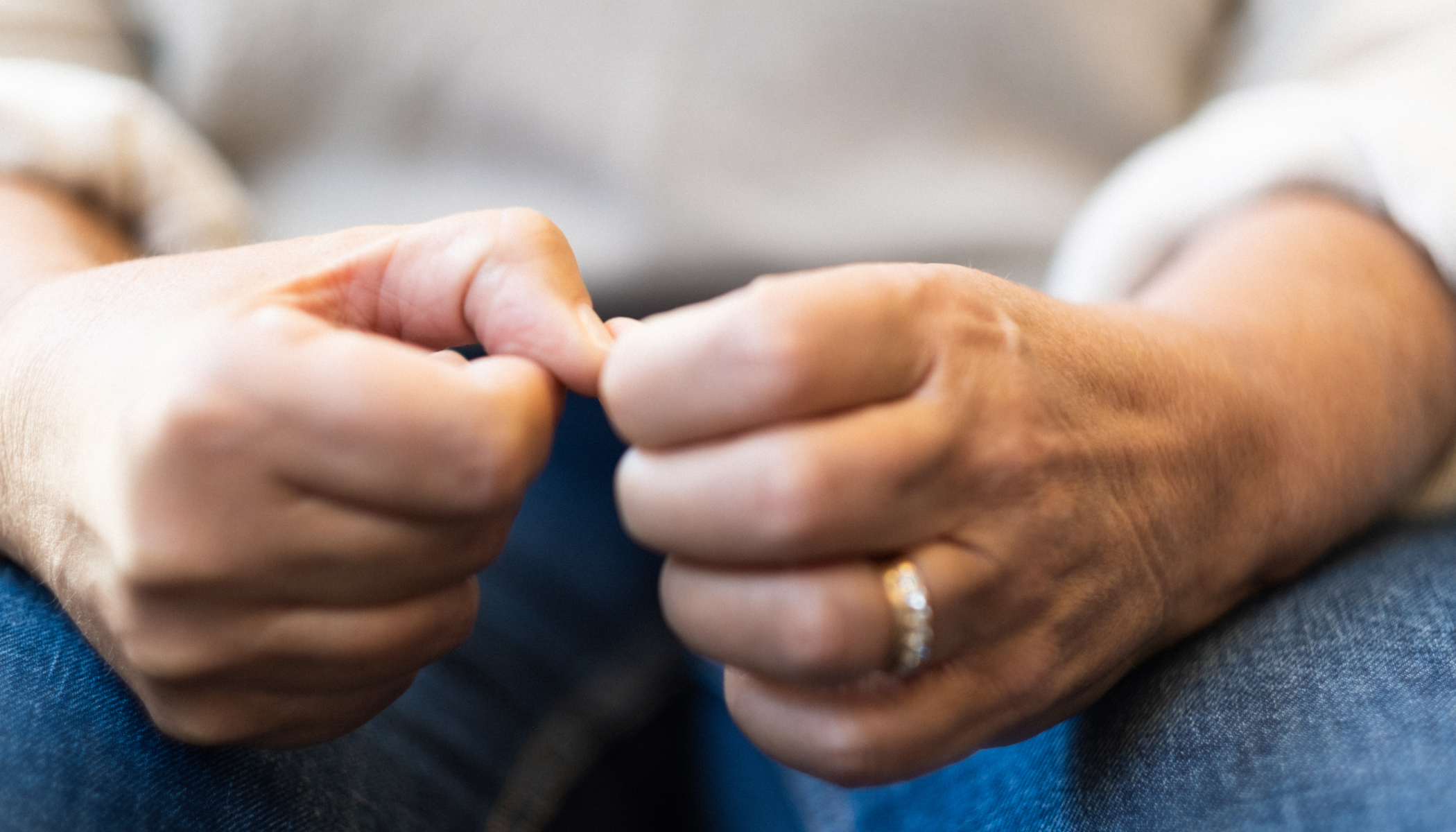Many of us search our symptoms online when we have a suspected health concern. But if you’re regularly spending lots of time researching health information or constantly worried about your health, this may be a sign of health anxiety.
It’s estimated that 4% to 5% of us (perhaps even as much as 12%) have health anxiety. Being aware of any changes with our health and seeking professional help when we’re concerned is important, but for those with health anxiety, it can be hard to know what actually requires medical attention.
What are the key health anxiety symptoms?
There are lots of different health anxiety symptoms and everyone has a different experience. Some of the most common signs are:
- Worrying a lot about having or getting a serious illness
- Feeling constantly anxious about your health
- Regularly checking your body for signs of illness
- Avoiding doctor’s appointments and hospitals
- Feeling preoccupied about your health for at least 6 months, even if the illnesses you’re worried about change over that time
If your worries can’t be explained by a different condition, for example, generalised anxiety disorder, panic disorder or obsessive compulsive disorder (OCD), that may be another sign.
What is health anxiety?
‘Health anxiety, also known as hypochondria, is actually a group of different disorders, and there isn’t one set definition,’ explains Dag Härdfeldt, Lead Clinical Psychologist at Livi. Health anxiety is also sometimes referred to as ‘somatic symptom and related disorder’ or ‘illness anxiety disorder’.
‘In illness anxiety disorder, our worries usually revolve around a specific illness,’ says Härdfeldt. ‘For example, someone with illness anxiety disorder might excessively wash their hands to avoid a specific illness like Covid-19.’
Somatic symptom disorder usually shows up as behavioural patterns, like frequently scanning your body or constantly worrying about sickness in general. ‘Someone with this condition might fixate on a sore throat and worry that it’s a sign of something serious without having any one problem in mind,’ says Härdfeldt.
How do I know if I or someone I know has health anxiety?
‘Behaviours will be different depending on the person, but they may have similar symptoms,’ explains Härdfeldt.
‘People with health anxiety typically have a strong belief that something is wrong with them – usually physiologically, but sometimes psychologically too. They may struggle with patterns of thinking about their health that don’t reflect reality.’
For example, instead of feeling relieved after getting normal results back from a medical examination, they might start questioning that something was wrong with the test or that the doctor misread the results.
People with health anxiety might also overestimate the risks of getting a disease and jump to worst-case scenarios.
Another common habit in people with health anxiety is spending lots of time reading about different symptoms. Some researchers have coined the term ‘cyberchondria’ to describe the behaviour of searching online for medical information, only to become more worried.
Has Covid-19 made people’s health anxiety worse?
We still don’t know the full impact of the pandemic on our collective mental health and levels of health anxiety, but it’s likely that it has caused more of us to worry about our health in general.
However, not everyone with health anxiety reacts by seeking care. ‘The condition can also have the opposite effect – some people might see hospitals as risky places and avoid them altogether,’ says Härdfeldt.
How can I manage health anxiety?
‘There are many ways to train your brain to manage anxious thoughts, but it’s very difficult to do so alone,’ says Härdfeldt. ‘If you suspect you may have health anxiety, seek professional help.’
If you don’t feel ready to get support, here are some actions that may help:
- Set a time limit Try limiting the amount of time you worry or Google any symptoms to 15 minutes per day. When you want to check on things outside of this window, remind yourself that it will have to wait for the next dedicated time.
- Be mindful of confirmation bias When we look for information about something we’re worried about, we often actively seek out the negatives to ‘confirm’ the way we think. If you’ve read about the worst outcomes of cancer, for example, remember that there’s often another side to the story, like people who have found a lump that turned out to be benign.
- Challenge yourself When scanning your body, don’t just ask where it hurts – consider where things feel normal and where you feel strong. Try to find ways of challenging the notions you might have about your health.
What is the treatment for health anxiety?
The good news is that health anxiety is treatable and it needn’t get in the way of your everyday life. Cognitive behavioural therapy (CBT) can be an effective treatment for health anxiety, in both the short and long term.
In some cases, a doctor might recommend antidepressants, but there isn’t a consensus about how effective they really are. If you’re concerned you have health anxiety, talk to a doctor who can help you find the right support or treatment.
How can I support someone with health anxiety?
Just as it’s difficult to experience health anxiety first-hand, it can also be hard to watch someone you care about live with it. These tips can help you support someone who’s struggling:
- Acknowledge their anxiety Don’t try to debunk your loved one’s worries – it may only create more tension. Remember that health anxiety can create irrational thought patterns.
- Separate the disorder from the person It’s okay to feel frustrated sometimes – know that this doesn’t make you a bad friend, partner or relative. Try your best to separate your feelings about the disorder from the person who has it.
- Provide a gentle reminder Don’t argue with the way your loved one feels, but you could explain that there’s a high chance the symptom the person is focusing on might be exacerbated by the health anxiety and that there might be other explanations.
When should I speak to a doctor?
Speak to a doctor if you’re experiencing:
- A preoccupation with having or acquiring a serious illness
- A high level of anxiety about your health
- A desire to perform excessive health-related behaviours such as body scanning
This article has been medically approved by Dag Härdfeldt, Lead Clinical Psychologist at Livi


